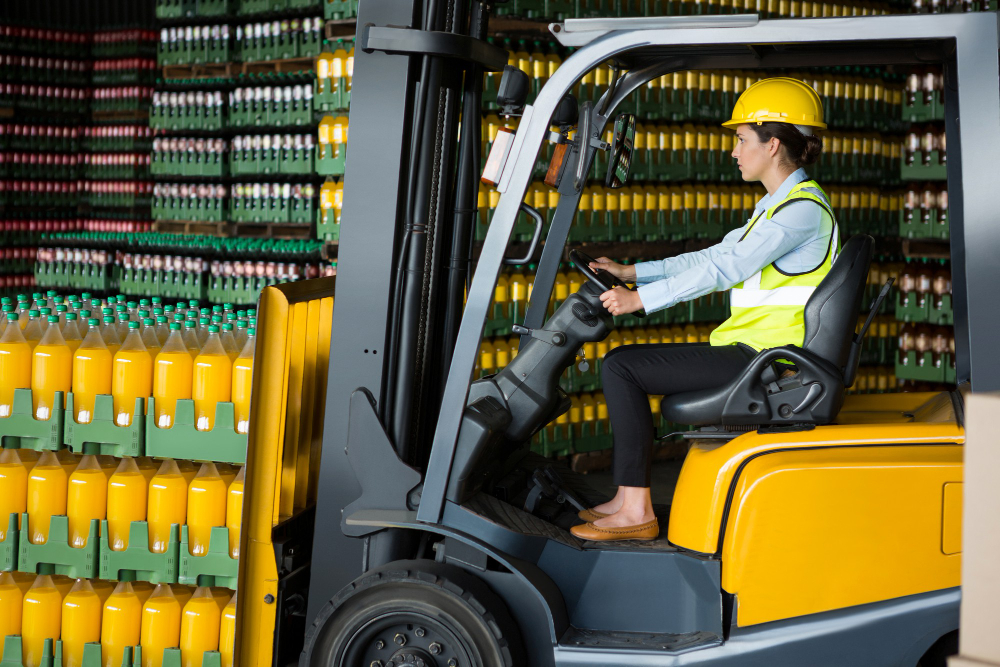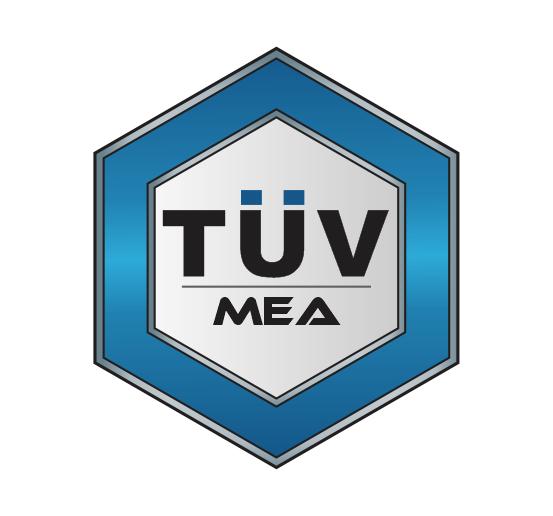Mobile Equipment
Forklift Safety
A Forklift Safety Course is designed to provide comprehensive training for individuals who operate forklifts in industrial settings. This course covers essential aspects of forklift operation, including safety protocols, load handling, and maneuvering techniques. Participants learn to identify potential hazards, adhere to safety regulations, and contribute to a safer workplace environment.

Benefits
Participants gain the skills and knowledge necessary for safe and efficient forklift operation, reducing the risk of accidents and damage to equipment.
The course enhances safety awareness among forklift operators, fostering a culture of responsibility and vigilance in the workplace.
Completion of the Forklift Safety Course ensures compliance with occupational safety regulations and standards related to forklift operation.
Proper training contributes to a decrease in forklift-related incidents, protecting both personnel and property within industrial settings.
Cherry Picker Safety
A Cherry Picker Safety Course is tailored for individuals who operate or work with cherry pickers, also known as aerial work platforms. This course covers the safe operation of cherry pickers, including setup, use of controls, and rescue procedures. Participants learn to identify potential hazards associated with elevated work and implement measures to mitigate risks.

Benefits
Participants gain expertise in the safe operation of cherry pickers, reducing the risk of falls and accidents during elevated work.
The course provides training on emergency procedures and rescue techniques, ensuring that individuals can respond effectively in the event of an incident.
Completion of the Cherry Picker Safety Course ensures compliance with safety regulations and standards related to the use of aerial work platforms.
Proper training contributes to efficient and safe elevated work practices, improving productivity and minimizing downtime.
Mobile Crane Safety
A Mobile Crane Safety Course is designed to train individuals involved in the operation and maintenance of mobile cranes. This course covers crane safety principles, load handling techniques, and the importance of proper communication during crane operations. Participants learn to assess and mitigate risks associated with mobile crane activities in industrial environments.

Benefits
The course provides comprehensive training on the safe operation of mobile cranes, reducing the risk of accidents and injuries in the workplace.
Participants learn to assess and manage risks associated with mobile crane activities, contributing to a safer and more controlled work environment.
Completion of the Mobile Crane Safety Course ensures compliance with safety regulations and standards governing crane operations.
Proper training leads to more efficient and precise crane operations, improving overall productivity in industrial settings
Lifting Equipment Safety
A Lifting Equipment Safety Course is aimed at individuals involved in the use and maintenance of various lifting equipment, including hoists, winches, and other mechanical devices. The course covers safe lifting practices, equipment inspection, and compliance with relevant safety regulations. Participants learn to identify potential hazards and implement measures to ensure the safe use of lifting equipment.

Benefits
Participants gain expertise in the safe operation and maintenance of lifting equipment, reducing the risk of accidents and equipment failure.
The course emphasizes the importance of regular equipment inspection and maintenance, contributing to the longevity and reliability of lifting equipment.
Completion of the Lifting Equipment Safety Course ensures compliance with safety regulations and standards applicable to the use of lifting equipment.
Proper training and adherence to safety protocols contribute to a decrease in incidents related to the use of lifting equipment, promoting a safer workplace.
Defensive Driving
A Defensive Driving Course is designed to train individuals, especially those who operate vehicles in industrial settings, in defensive driving techniques. This course covers strategies to anticipate and respond to potential hazards on the road, emphasizing safety, and accident prevention. Participants learn about maintaining situational awareness, safe driving practices, and effective emergency response.

Benefits
The course focuses on defensive driving strategies to reduce the risk of accidents, ensuring the safety of drivers and other road users.
Participants learn to maintain heightened awareness of their surroundings, allowing them to anticipate and respond to potential hazards proactively.
Completion of the Defensive Driving Course reinforces adherence to traffic laws and safety regulations, reducing the likelihood of legal and safety issues.
Defensive driving practices contribute to fuel efficiency, reduced vehicle wear and tear, and lower insurance costs, resulting in overall cost savings for organizations.
Scaffolding Inspector
A Scaffolding Inspector plays a crucial role in ensuring the safety and structural integrity of scaffolding systems on construction sites. This role involves thorough examination and assessment of scaffolding structures to verify compliance with safety regulations, standards, and industry best practices. Scaffolding inspectors are responsible for identifying potential hazards, assessing load-bearing capacities, and ensuring that scaffolding is erected and maintained to the highest safety standards.

Benefits
Scaffolding inspectors contribute to a safer working environment by ensuring that scaffolding structures meet safety standards and regulations.
Inspection by a certified scaffolding inspector ensures compliance with local and international safety regulations, reducing the risk of legal and regulatory issues.
Thorough inspections help identify and rectify potential hazards, reducing the risk of accidents and injuries associated with faulty or improperly erected scaffolding.
Scaffolding inspectors play a critical role in assessing the structural integrity of scaffolding, preventing collapses or failures that could result in significant damage or injuries.
Scaffolding Erector
A Scaffolding Erector is a skilled professional responsible for the assembly, installation, and dismantling of scaffolding structures on construction sites. This role requires a deep understanding of scaffolding systems, safety regulations, and engineering principles to ensure that the erected scaffolding is stable, secure, and capable of supporting the intended load. Scaffolding erectors work closely with construction teams to provide safe access for various construction and maintenance activities.

Benefits
Scaffolding erectors contribute to the creation of safe and stable work platforms for construction workers, facilitating efficient and secure access to elevated work areas.
Skilled scaffolding erectors ensure that scaffolding structures are erected in accordance with industry standards and safety regulations, promoting compliance and adherence to best practices.
Properly erected scaffolding enhances construction efficiency by providing a secure and accessible framework for workers, tools, and materials.
Scaffolding erectors play a pivotal role in minimizing the risks associated with working at heights by ensuring that scaffolding structures are stable, well-constructed, and meet safety requirements.
